North Stradbroke Island residents claim local council turning a blind eye to Airbnb rent crisis
Formal complaints have been filed over the burgeoning number of Airbnb’s pushing out regular rental houses on a popular Queensland island, with some long-term residents now homeless.
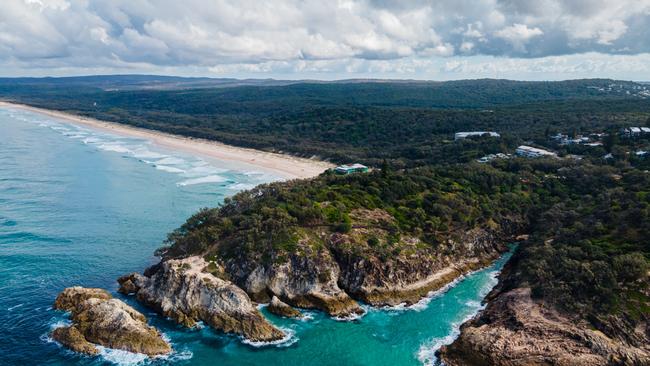
QLD News
Don't miss out on the headlines from QLD News. Followed categories will be added to My News.
Chairs were set up on a mat underneath the awning extending from the modified van decked out with a mattress, custom made drawers, an Esky, curtains and even a pot plant.
It was the home Susan George and Dwayne Drummond, both now 59, were forced to live in for 18 months after being pushed out of affordable rental housing on a popular Queensland island, thanks to the number of homes being turned into Air bed and breakfasts – or Airbnb’s – in recent years.
It was the last thing they expected after moving to North Stradbroke Island in 2018 in an attempt to heal from the tragedy of losing one of Ms George’s four adult sons in 2017, only to lose a second son in 2020, both to suicide.
“We would never have moved over there had we known what was to come,” she said.
“We lost everything.
“We had to sell our cars, furniture and the boat.”
Other long-term residents of the 38km-long, 11km-wide subtropical island, 30km from Brisbane, claim the housing situation has become so dire they also became homeless or were forced to move to the mainland.
Some of those decades-long locals have since filed formal complaints with the Redland City Council and the Queensland ombudsman over the burgeoning number of Airbnb’s – particularly some now nestled among permanent residences in areas zoned for low density housing – allegedly conflicting with the council’s own town planning regulations.
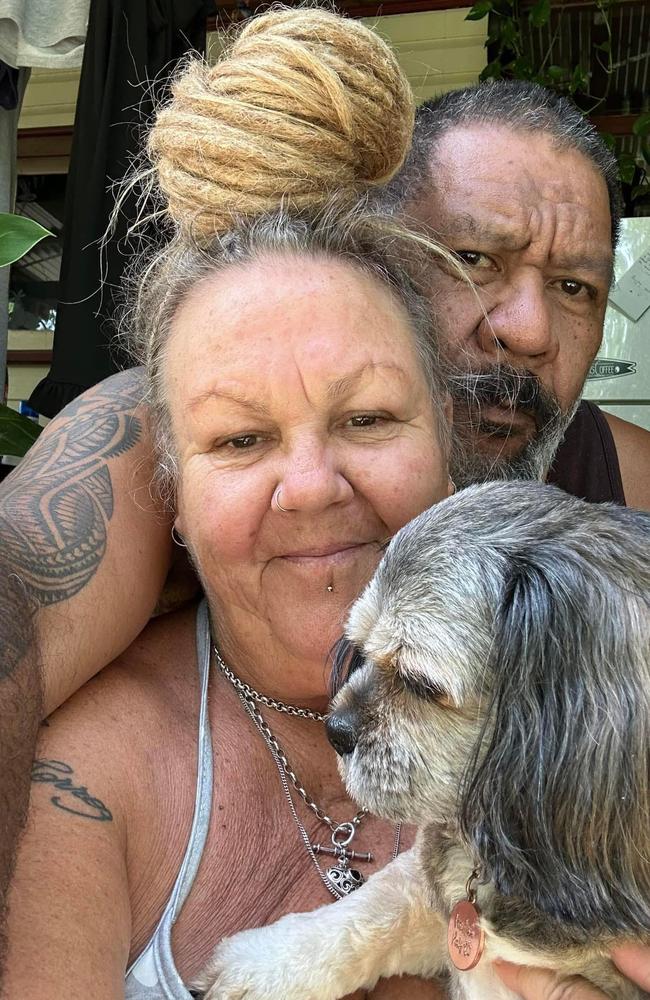
One Point Lookout resident of 30 years, who asked not to be named, said there was a tourist zone elsewhere on the island for short term accommodation, with the alleged lack of council action affecting locals.
“We’re losing our permanent residents because of this, we have strangers moving into houses on a rotating basis who are often on the balcony swearing, or there are dogs left in the house during the day … or their dogs are off-lead and chasing our wildlife,” they said.
“Parties are also the issue … even if you don’t have a really rowdy group in one house, there’s a constant noise with the combination of those other houses.”
Local businesses on the world’s second-largest sand island, colloquially known as Straddie, have also resorted to buying their own staff accommodation because it became difficult to retain employees after several could not find a place to live.
The long-term resident said several homeowners sold their properties following the Covid-19 pandemic with the new owners – often interstate investors – turning those houses into short-stay accommodation rentals they then listed on Airbnb, Stayz, Booking.com or other similar digital platforms.
“Since Covid, the property market has skyrocketed so a lot of houses that were permanent rentals have sold and they have now been turned into holiday houses,” the resident said.
“(But) the holiday rental prices are ridiculous. Some of them are over $1000 a night.”
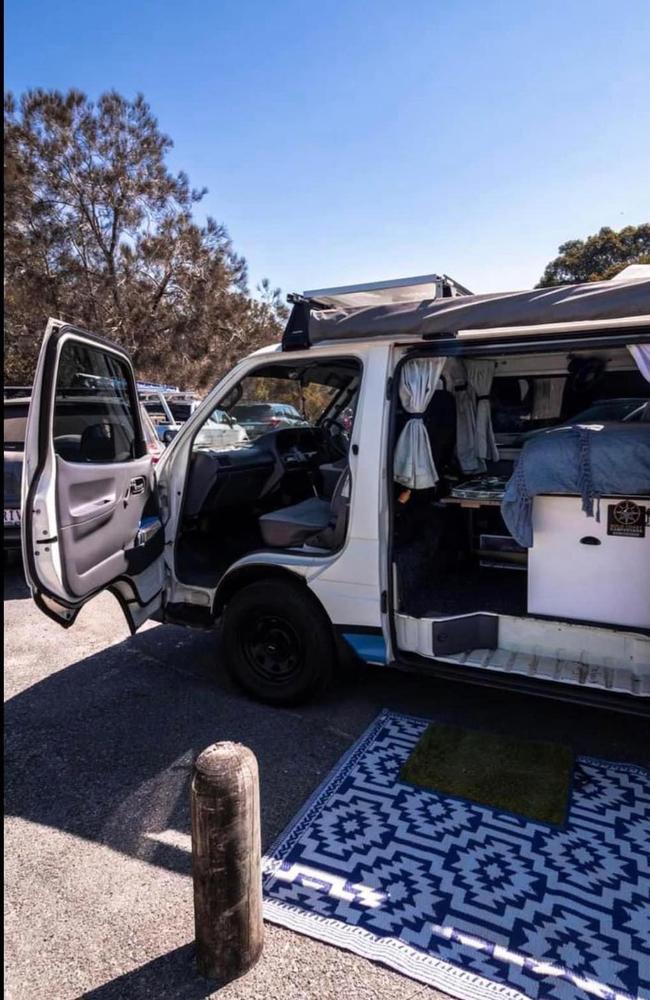
Most of the dwellings turned into short stay holiday lettings were previously part of the more affordable, permanent long-term rental market on North Stradbroke Island, which had a population of 2,217 as of 2022, according to the most recent data available.
In many cases, one weekend at a house listed on Airbnb now costs the same as one week’s rent.
But locals claim those same houses can now sit empty for months while others, like Ms George, Mr Drummond and foreign hospitality workers like Pedro Carricaburu are left homeless and sleeping in vans.
“When we were homeless the amount of homes in winter that were empty, it was every second house, and they were keeping them for Airbnb’s,” said Ms George, who has since had to move to the mainland.
Businesses forced to house staff members
Out of the three townships on North Straddie, Madeleine Parkin from data analytics firm AirDNA said there were more than 400 available short term holiday homes listed in Point Lookout in December, the most recent figures available.
“Though this is more or less the same as pre-pandemic,” she said.
“Dunwich had just 12 available listings in December, and Amity 46.”
Now working in Point Lookout, Mr Carricaburu, 31, said he has experienced the same difficulty with finding long-term rentals on the island.
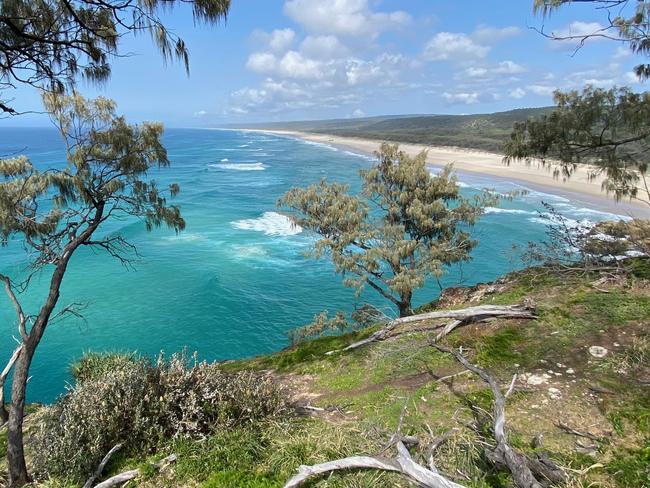
The Argentinian, who is in Australia on a working holiday visa, said he has had to sleep in his van or stay with friends on more than one occasion while working in hospitality in parts of Queensland, including on Straddie.
Those working in hospitality, in particular, on Straddie are unable to live on the mainland because in many cases their shifts end after the ferry stops operating for the night.
Peter Hogg, Chief Executive Officer of The Good Time Group Holdings which owns the Stradbroke Island Beach Hotel on East Coast Road in Point Lookout, said the company started leasing a property in nearby Amity Point November, 2022 in order to provide the hotel’s employees with “subsidised local accommodation.”
“In September 2023, we decided that an additional residence was necessary to house our expanding team, which prompted the purchase of our Point Lookout property,” he said in a written statement.
“This initiative ensures that our team has access to affordable island housing, to overcome the shortage of affordable and long-term accommodation options.”

‘Council turning a blind eye’
Some of the disgruntled long-term Straddie neighbours said they have been calling for the Redlands council to act on the Airbnb situation for years, but claim the council has been “turning a blind eye.”
In a 2022 complaint letter sent to the council and the state and federal governments titled “(The) use of property in low density residential area”, one of the permanent island inhabitants said, besides the noise, the “ … the ongoing use of homes as holiday rentals in the low density residential area is leading to increases in land valuations and sale prices due to investors buying in the low density residential area and then holiday letting.”
“It is the sale of homes in the area for short term holiday letting that is driving the prices up and creating housing issues on the island for permanent residents and workers.
“Council needs to take some action to assist with the housing crisis being caused by holiday rentals in the low density residential area.”
The resident told the Courier Mail the council was yet to take any action over the issue.
An interview request submitted by the Courier Mail to the Redlands City Council this month was denied, with a brief written statement instead emailed via a spokeswoman.
“Council has spoken to a number of residents on North Stradbroke Island/Minjerribah in relation to complaints about Airbnb’s and is working on options to address their concerns,” the spokeswoman wrote.
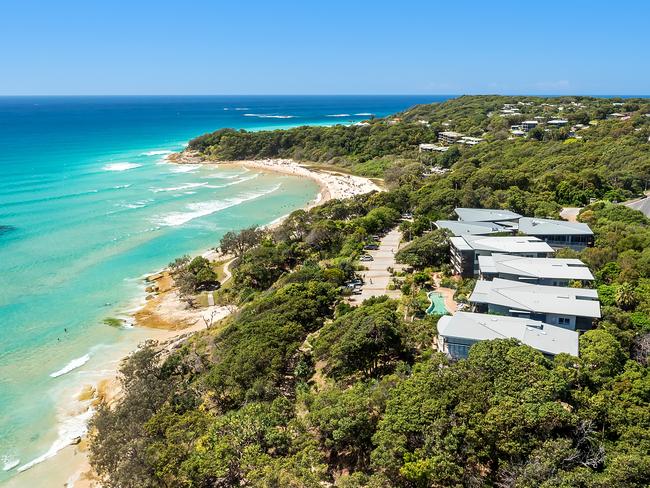
“There is a legacy of holiday homes on the island and ensuring that any impacts on permanent residents is minimised is a key factor in Council’s considerations.
“This is an issue consistent with many other popular holiday destinations where a balance is sought between tourism and residential amenity.”
But in 2023 the author of the complaint letter received a response from the office of the then-State Development, Infrastructure, Local Government and Planning minister, Steven Miles, confirming a council permit was needed for Airbnb’s to be in the low density-zoned area of Straddie.
In the letter, the also then-Deputy Premier’s Chief-of-Staff, Katharine Wright, wrote “A short-term accommodation land use in the low density residential zone requires a development to be lodged with the (local) council.”
“This development application is impact assessable, which means public notification is required and the community can make a submission for or against the proposal.
“If short-term accommodation is operating from the premises without a development approval, the council can take compliance action against the landowner,” she said.
On January 31, another Point Lookout local, who also did not want to be named, lodged a grievance with the state ombudsman, an independent body that investigates complaints related to Queensland agencies, over the council’s alleged lack of “action to prevent unauthorised short term rentals in the low density residential zone at Point Lookout.”
Priced out of home
Ms George said she and Mr Drummond, who paid $400 a week on a 12 month lease, had to move three times between 2020 and 2022 before becoming homeless because three houses they were renting were sold.
“I’d go back in a heartbeat (but) now any rentals that come up are $500 plus,” she said.
“Also now they will only give you a six month lease because that way (landlords) can use them for a holiday let.”

Another long-term North Straddie resident, David ‘Dadee’ Taylor, 68, said he also had to move off the island for the first time in nearly 50 years after not being able to find another suitable rental property.
The pensioner said in 2021 he had to vacate the flat he rented for 15 years following council employees advising his landlord of upgrades the building needed.
“So I had to start looking for a new place to live, but there was nothing available. I couldn’t get any accommodation at all … not even a shared space,” he said.
“Even the (local real estate agencies) did not have any rentals like they did in the old days, thanks to the number of Airbnb’s being around now.
“At the time all I could find were Airbnb’s but the prices were ridiculous, one night was like five times the rent I’m paying, it’s just absurd.”
By 2022, Mr Taylor was forced to move to a friend’s home on the Sunshine Coast for six months until a long-term rental became available back on his beloved island, enabling him to move home in May 2023.
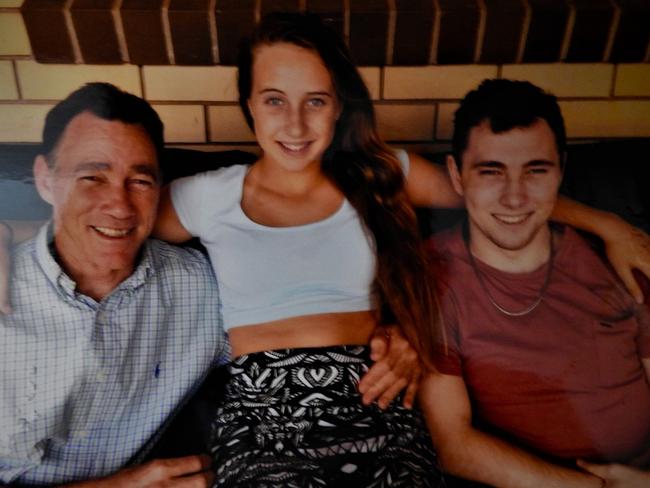
Since the 2008 launch of Airbnb in the US, it and similar accommodation sharing web sites have connected millions of guests and hosts around the world, according to the 2018 `Technological disruption in private housing markets: the case of Airbnb’ report published by the Australian Housing and Urban Research Institute.
Acting as online marketplaces, the web sites enable property owners to lease their homes to travellers looking for accommodation, with the digital platforms receiving a commission from each booking.
But several recent Australian research reports have found Airbnb and similar platforms have now gained critics who claim many of the houses listed become permanent, short-term rentals, meaning the properties are removed from regular long-term rental or purchase market, yet often sit empty for the majority of the year, particularly in coastal or high tourism areas.
MORE INFORMATION:
According to the most recent figures available, in 2021 on North Stradbroke Island there were:
■ 1,492 separate houses, 331 medium density dwellings, and 62 high density dwellings, along with 50 caravans, cabins or houseboats on North Stradbroke Island in 2021
■ 55.9 per cent of the dwellings in North Stradbroke Island were occupied on the 2021 Census night, compared to 93.1 per cent in Redland City
■ The proportion of unoccupied dwellings was 43.4 per cent, compared to 6.8 per cent of unoccupied dwellings in Redland City on the same night
■ 15.9 per cent of renting households were paying $450 or more per week in rent in 2021
– Source: Demographic and economic analysts at Informed Decisions (.id)
■ Tourism is now North Stradbroke Island’s largest industry – having replaced the now defunct sand mining industry – with 20 per cent of the workforce employed in accommodation and food services
■ In 2019, there were between 390,000 to 450,000 visitors to North Straddie, with 80.5 per cent being holiday-makers. The majority visited over the summer and school holiday months
– Source: Minjerribah Visitor Research Program Round Three Report, November, 2021
Originally published as North Stradbroke Island residents claim local council turning a blind eye to Airbnb rent crisis


